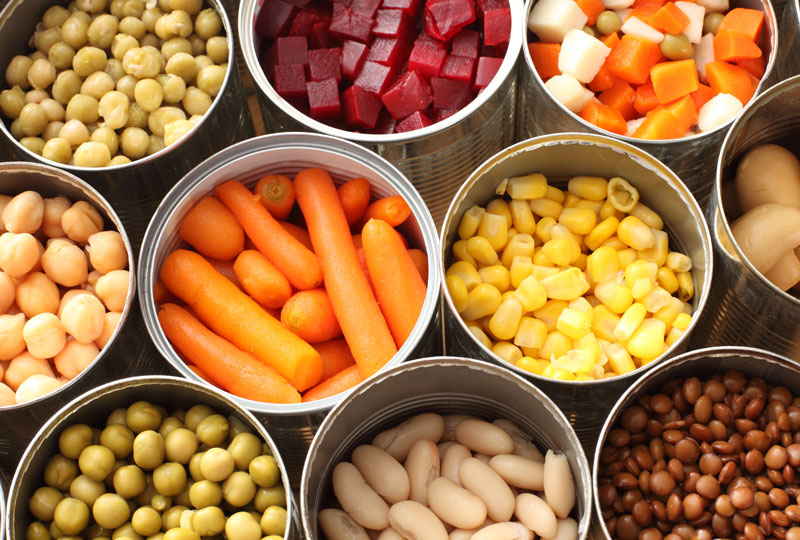Sometimes eating well can pose a challenge. If fresh produce is too expensive or perishable, there are alternatives.
Fresh fruits and vegetables are key parts of a healthy diet. But they’re perishable, they’re only available from local sources in season and may be too expensive, depending on the circumstances of your budget. Don’t give up on keeping a variety of fruit and vegetables in your diet, though. All fruits and vegetables — whether fresh, frozen, or canned — are good for you!
Keep these tips in mind for buying fruit and vegetables, no matter what form:
Fresh produce
- Look for seasonal choices. Produce that’s in season in your local area will taste fresher and may be less expensive than food trucked in from other regions or countries.
- Uses: Serve sliced veggies with a light dip; make fruit salad for dessert; toss vegetables with olive oil and bake on a sheet pan.
Frozen
- Avoid added sugar. Choose frozen fruits that are 100% fruit, without added sugar.
- Watch for excess fat and sodium. Choose plain frozen vegetables instead of ones with butter or cheese.
- Uses: Mix vegetables into stews or casseroles; blend fruit with yogurt for a smoothie; mix berries into baked goods.
Canned
- Avoid added sugar in canned fruit. Choose items labeled “packed in 100% fruit juice,” not in light or heavy syrup.
- Compare sodium levels. Choose items labeled “no salt added” or “reduced sodium.”
- Drain and rinse canned food to wash away some of the added sodium or sugar.
- Uses: Serve fruit over yogurt or oatmeal; add corn, tomatoes and beans to broth for a filling soup.
Health Plus provides resources to support the health of Vanderbilt faculty and staff.

